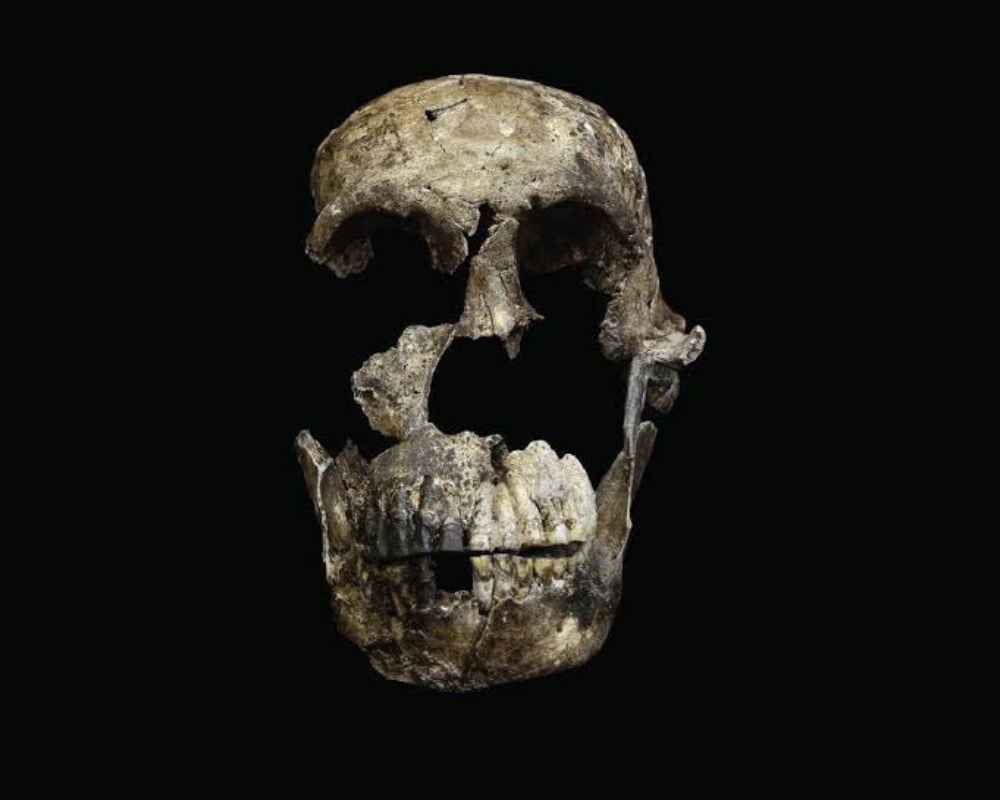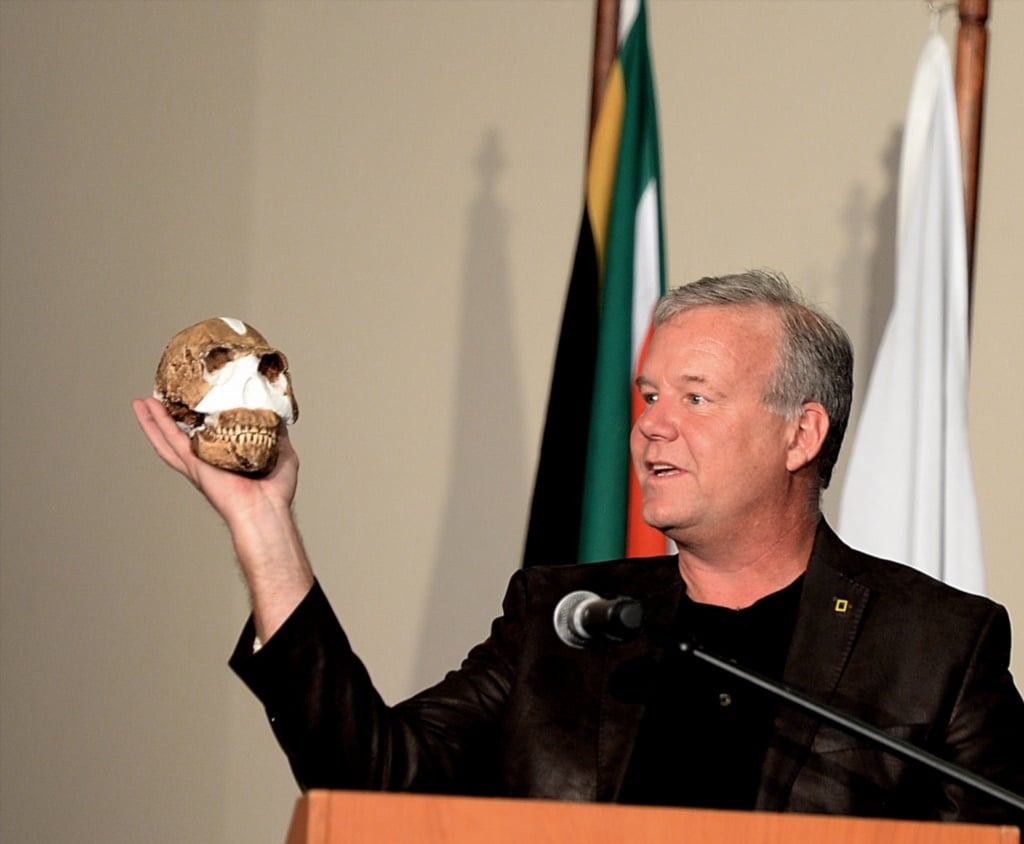
- The decision to launch the fossils of two early human fossils into space has drawn widespread criticism.
- A South African professor who was involved with organising it said all permissions were granted for the launch and great care was taken of the specimens.
- Scientific bodies argue that the launch put the specimens in danger with no scientific benefit.
- For more stories, visit the Tech and Trends homepage.
A South African professor who helped to organise for two early human fossils that originate from the Cradle of Humankind in Gauteng to be launched into space has defended the sub-orbital voyage amid widespread criticism from members of the scientific community.
Professor Lee Berger, the director of the Centre for the Exploration of the Deep Human Journey at the University of the Witwatersrand (Wits) and a National Geographic explorer-in-residence, said in an online post that the decision to launch the fossils into space came after "careful consideration".
In July, Berger submitted an application to the SA Heritage Resources Agency to launch the fossils into space. And on 8 September, bones from Homo naledi and Australopithecus sediba were sent into space on board a Virgin Galactic commercial spaceflight.
Incidentally, it was Berger's son, Matthew Berger, who discovered the nearly 2 million-year-old Australopithecus sediba at the Cradle of Humankind when he was just 9 years old.
Homo naledi and Australopithecus sediba are long-extinct relatives of modern-day humans. Their discovery has helped to unravel some of the mysteries of how humans evolved.
The rare, and often incomplete, human ancestor and relative specimens provide a glance into our history.
In a statement released by Wits on the day of the launch, Berger said that sending the fossils into space was a tribute to the contribution of humanity's ancestors and our ancient relatives to modern achievements.
He said:
"Without their invention of technologies such as fire and tools, and their contribution to the evolution of the contemporary human mind, such extraordinary endeavours as spaceflight would not have happened."
Outrage
However, many scientific bodies expressed their opposition to the launch. Most of them claimed that the fossils were exposed to unnecessary risk with no scientific benefit.
In a statement, the Association of Southern African Professional Archaeologists expressed "serious concern" on the matter, saying: "This venture was not intended to produce scientific outcomes, but instead raises ethical issues on the treatment of our heritage (ancestral human remains) while exposing the fossils to unnecessary risk for publicity purposes."
The European Society for the Study of Human Evolution said in a statement that the launch posed a significant risk to the preservation of the irreplaceable specimens.
"We do not see the scientific merit of this project and question the ethics of potentially damaging these unique materials. We urge the responsible stewardship and protection of these irreplaceable scientific resources," it said.
The East African Association of Palaeoanthropology and Palaeontology said that the launch was an "irresponsible risk" to "irreplaceable scientific specimens".
Acknowledgement
Berger acknowledged the criticisms and said this event had highlighted the need for renewed engagement regarding the "use of fossils and heritage artefacts for public engagement in science".
"The decision to send fossils of Homo naledi and Australopithecus sediba into sub-orbital space was the result of careful consideration and in-depth discussions with guiding and regulatory agencies," he said.
- Statement on fossils sent to space -
— Lee R Berger (@LeeRberger) September 25, 2023
I hear the concerns raised by the scientific community, which highlight the need for renewed engagement around the processes and permissions to use fossils and heritage artifacts for the public engagement in science. I strongly value the…
He added that great care was taken of the fossils and all necessary permits and permissions were acquired for the launch.
Berger said the specimens had been returned to South Africa undamaged.




 Publications
Publications
 Partners
Partners
























